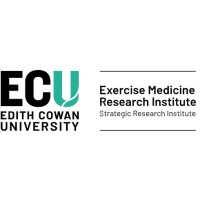
Phoenix RCO, Inc.
Phoenix is an independent non-profit organization called a Recovery Community Organization or RCO. An RCO is led and governed by representatives of local communities of recovery from addiction, mental illness, or both. There are currently 39 RCOs open in different stages of development in the state of Georgia. Generally, RCOs provide peer-based recovery support services (P-BRSS), carry out recovery-focused community education and outreach programs, and organize recovery-focused policy advocacy activities. All these activities are available to everyone in the community and are not restricted to individuals enrolled in specific educational, treatment, or residential programs. Our mission is to provide no-cost recovery services from substance-use disorder for individuals, and families; and to provide a safe, supportive and non-judgmental space that stimulates growth, provides resources, and hosts recovery-oriented activities that will support long-term recovery. We envision: individuals with addictive disease changing their lives by growing individual recovery capital with extensive resources and a long-term recovery community; people in recovery creating lasting transformational change through multiple pathways to recovery; groups of peers in recovery, safe friends, supportive family members, and compassionate community members seeking positive healing relationships; a safe place for people seeking to initiate or sustain their recovery to nurture new and enduring lifestyles of healthy behaviors and activities; and a community that sees Phoenix as a staple for recovery-related services and referrals. We value advocacy, community, compassion, growth, integrity, respect, service and support. Specifically, Phoenix RCO hopes to serve the South Cobb County Community in the following ways: we can currently help someone in active addiction find a detox, rehab, or sober-living program appropriate in length and cost to their individual need as well as support services fo






